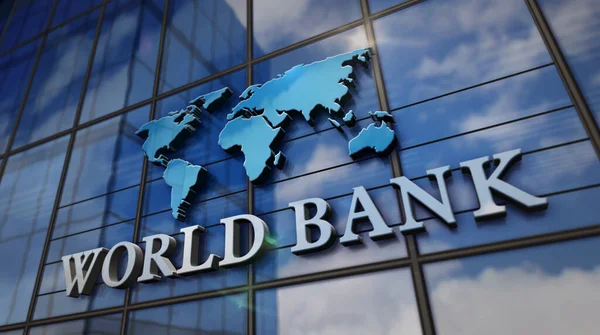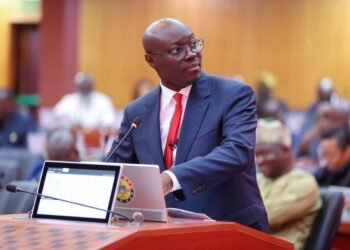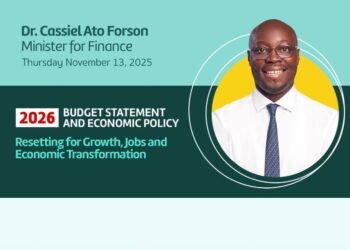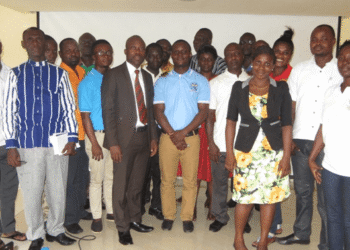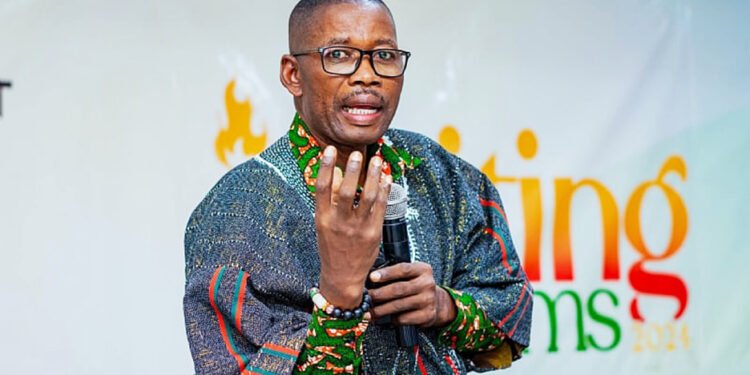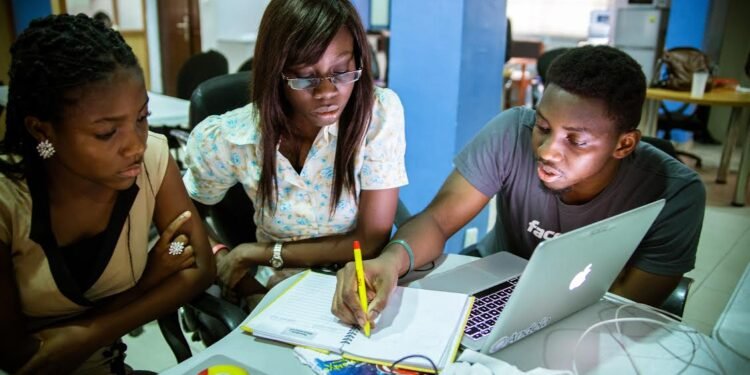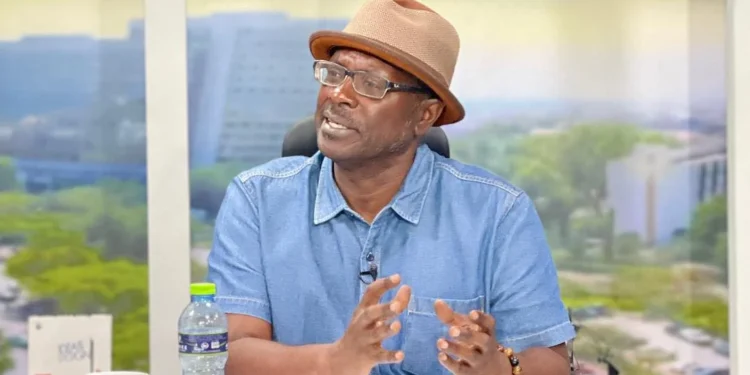Ghana’s drive to reclaim economic stability and lay the groundwork for a economic growth, inclusive future has received a powerful shot in the arm as the World Bank approved a landmark $360 million financing package.
The funds, approved by the World Bank Board of Executive Directors, are earmarked for the Second Resilient Recovery Development Policy Financing operation. This critical support aims to restore fiscal discipline, strengthen investor confidence, and accelerate private sector-led growth in a country grappling with the compounded effects of global shocks and domestic vulnerabilities.
The newly approved operation is part of a broader World Bank engagement strategy designed to help Ghana navigate its crisis response and build resilience. The funding will focus on four core objectives: restoring fiscal sustainability, supporting financial sector stability and private sector development, improving energy sector financial discipline, and strengthening social and climate resilience.
Robert Taliercio, Division Director for Ghana, Liberia, and Sierra Leone at the World Bank, underscored the importance of the intervention.
“Entrenching fiscal and debt sustainability, improving the business environment to attract investment and create jobs, addressing the long-rooted energy sector challenges, and protecting the most vulnerable—measures supported by this financing—continue to be urgent priorities for Ghana. They are essential steps for the country to revitalize its domestic private sector, build resilience against climate change, and improve the quality of life of its people. We look forward to continuing to support Ghana to accelerate and deepen these reforms going forward.”
Robert Taliercio
Building Confidence Through Reform
The financing comes at a pivotal moment as Ghana works to rebuild confidence among investors and development partners. Under the leadership of the Ministry of Finance, Ghana has embarked on a series of reform actions aligned with its International Monetary Fund (IMF) program and Development Policy Operations (DPO) series. These reforms have already started yielding results by stabilizing the macroeconomic environment and laying the foundation for renewed growth.
Honorable Cassiel Ato Forson, Ghana’s Minister of Finance, welcomed the World Bank’s support, describing it as a testament to the government’s commitment to fiscal discipline and inclusive recovery.
“The successful implementation of reform actions under the IMF program and the Development Policy Operations series has strengthened macroeconomic stability, restored investor confidence, and laid a solid foundation for sustained economic recovery and inclusive growth. We are confident that the measures supported by this DPO will help our efforts to enhance fiscal discipline and build a more resilient and inclusive economy, capable of withstanding future shocks.”
Cassiel Ato Forson
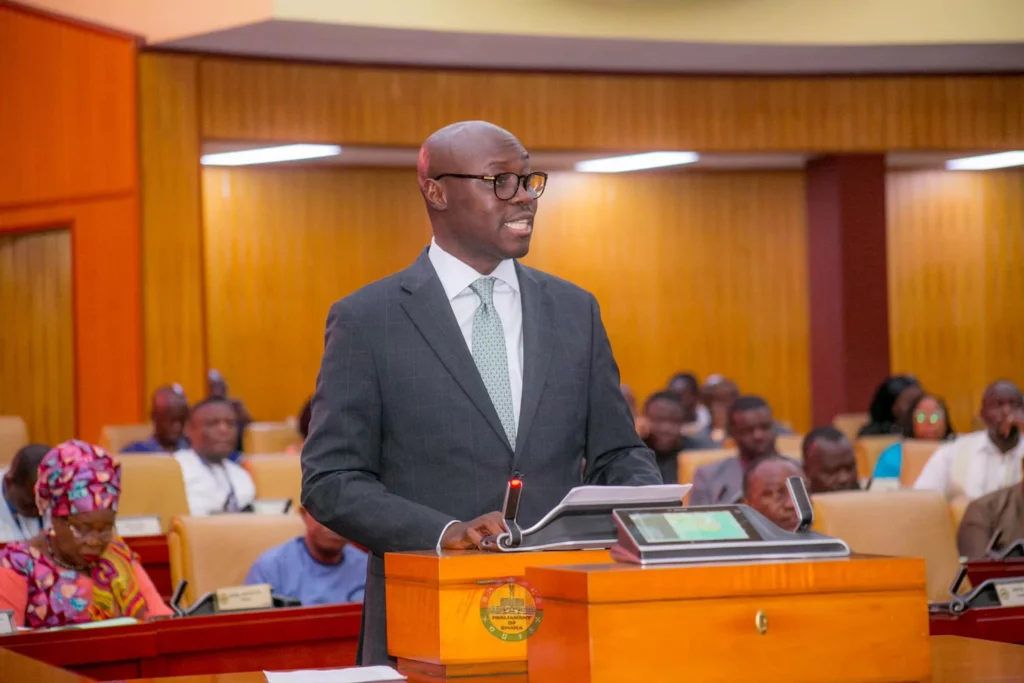
Driving Private-Sector-Led Transformation
A significant thrust of the World Bank financing will focus on promoting domestic revenue mobilization and creating a fertile environment for private investment. By stabilizing the financial sector, Ghana can unlock more credit and capital to support businesses, especially small and medium enterprises that form the backbone of the economy.
The reforms will also help address the longstanding inefficiencies in the energy sector, which have weighed heavily on public finances and undermined competitiveness. Improved financial discipline and operational efficiency in the energy space are expected to reduce fiscal pressures while ensuring reliable supply for households and industries.
Beyond macroeconomic and structural reforms, the financing package will channel resources into protecting the most vulnerable Ghanaians. With climate change posing growing threats to livelihoods and infrastructure, the program will integrate climate-related considerations into public policy and planning.
This commitment to resilience extends to social protection measures aimed at cushioning the impact of economic adjustments on low-income households. By investing in these safeguards, Ghana is positioning itself not just to recover but to emerge stronger and more equitable.
As reforms take root, Ghana is set on a path toward sustainable prosperity. With strong leadership, continued policy commitment, and the backing of international partners, the country is laying the foundation for a future defined by stability, opportunity, and resilience.
The coming months will be critical as Ghana translates this support into tangible improvements in fiscal health, energy efficiency, private sector dynamism, and social protection. If successful, this effort could serve as a model for other economies confronting similar challenges across the region.
READ ALSO: PBC Boss Vows Revival Without Asset Sales, Eyes GHS70m Annual Profit

